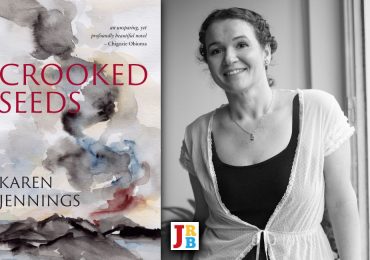The JRB’s Editor takes a look back at 2017 and picks out the single work that left the biggest impression.
This year two books took me back to my teenage years, when stories were to be devoured and writers poked you right in the heart. As you get older this happens less and less, but in 2017 Nathan Hill did it with The Nix, and Jennifer Egan with Manhattan Beach. The Nix is a rollicking tale, a smart satire about the state of America and the touching story of an estranged mother and her son. (Read our interview with Nathan Hill in our November issue.) With its biting humour, large cast of characters and incisive dissection of post-postmodern life, Hill’s debut is in fact reminiscent of Egan’s A Visit from the Goon Squad. But Egan’s latest, Manhattan Beach, is a departure from her more frenetic earlier work. It’s her first historical novel, taking place during the Depression and World War II—with a noirish, cinematic backdrop of organised crime—but it’s the insight into what it was like to be an independent, ambitious woman during those years that makes the book stand out.
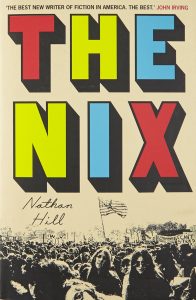
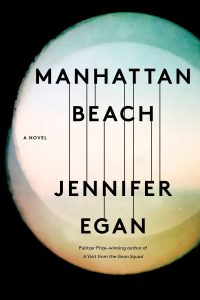
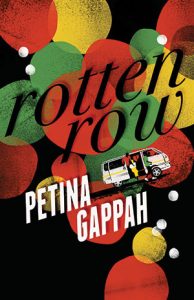
Two short story collections also stood out for me this year. Petina Gappah again showed herself to be an uncannily observant writer in her new book Rotten Row. (Read our interview with Gappah on the book here.) The stories are full of humour and outlandish set-pieces, but the underlying social commentary is razor-sharp. There are also a few Easter eggs for regular readers of Gappah’s work, in the form of recurring characters, which is quite fun. Lesley Nneka Arimah’s debut, What It Means When a Man Falls from the Sky, is another stirring collection. (Read a review of the book here.) Her range is extraordinary, from grim realism, to fable, to speculative fiction, and I look forward to seeing where she goes next.
But my book of the year is Paul Auster’s 4 3 2 1, which blooms from the kind of devilishly simple, brilliant idea that causes a stab of annoyance because you didn’t think of it first. The book begins simply enough with the story of how Archie Ferguson, a middle-class Jewish boy born in New Jersey in 1947, came to exist. After that, however, the narrative splits into four, with four different Archie Fergusons living similar but very different lives. An epic bildungsroman of almost nine hundred pages, 4 3 2 1 is vastly distinct from Auster’s more familiar—succinct, existential, absurdist—writing. Despite the cleverly placed clues and repetitions (and chapter numbering) that help differentiate one Archie from another, the plots of 4 3 2 1 become difficult to follow. But the novel carries you along despite this, the journey seems more important than the specifics, and it is such a strange, liberating experience that you can’t help but suspect that with 4 3 2 1 Auster may be offering us an antidote for a post-factual world.
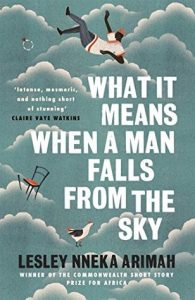
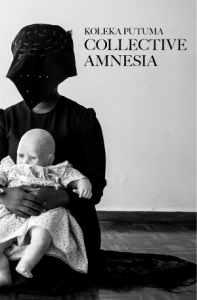
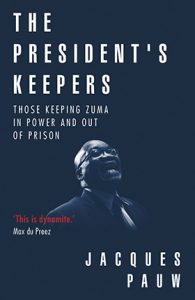
As for where we find ourselves books-wise in South Africa, I think there is room for improvement but equally much to celebrate. Since the launch of The Johannesburg Review of Books in May, we have published eight issues of reviews, interviews, essays, poetry, photography and short fiction. From Imraan Coovadia’s take on the sensational exposé The President’s Keepers to Bongani Madondo’s appraisal of Koleka Putuma’s blockbuster debut poetry collection, Collective Amnesia; from Julie Nxadi’s exquisite short fiction to Victor Dlamini’s striking photography; and from Percy Zvomuya’s bookish excavations to the elegant prose verse of Rustum Kozain—we believe we have much to take pride in from our first year. It goes without saying that the quality that is to be found in The JRB merely reflects Africa’s abundant literary excellence, which we aim to keep showcasing in 2018.



